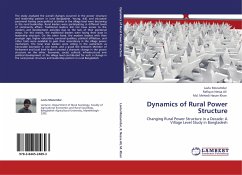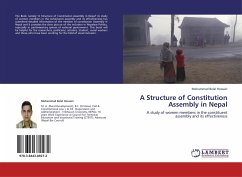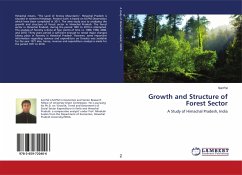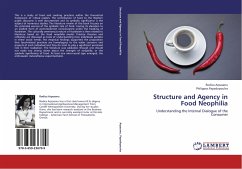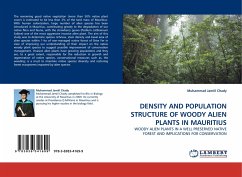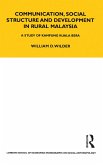The study analyzed the overall changes occurred in the power structure and leadership pattern in rural Bangladesh. Young, skill, and educated personnel having socio-political activities in the village level were becoming in the rural leadership. Rural leaders were participating in different levels of community affairs. Traditional leaders did not have access to the modern and development activities due to the lack of their positional status. For this reason, the traditional leaders were losing their base in leadership structure. On the other hand, the modern leaders with their younger age, higher education, personal qualities, political affiliation, and other traits were available to gain their ascendancy in the village power mechanism. The local level leaders were sitting in the parliament as honorable lawmaker in one hand, and a good link between Member of Parliament and local level leaders created a dramatic change in the power structure on the other. Economic, social, cultural, infrastructural and political development at the village level contributed for such a change in the rural power structure and leadership pattern in rural Bangladesh.
Bitte wählen Sie Ihr Anliegen aus.
Rechnungen
Retourenschein anfordern
Bestellstatus
Storno

